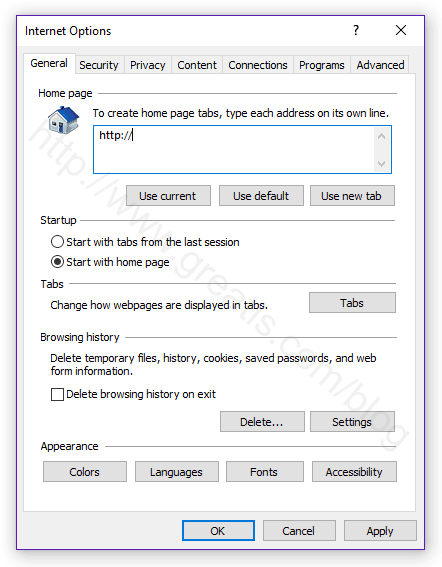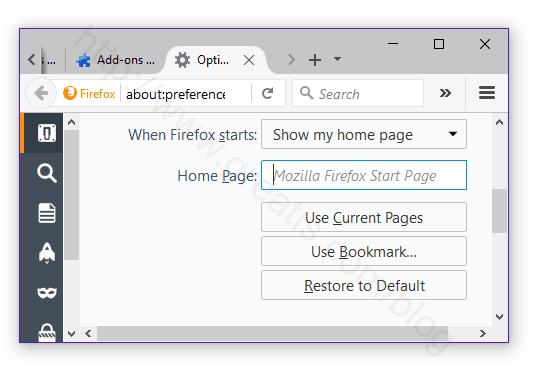 I recommend you UnHackMe - Ultimate Malware Killer for fast malware removal:
I recommend you UnHackMe - Ultimate Malware Killer for fast malware removal:
Free Download Fully Functional 30-day Trial. No credit card is required.
Reviews. EULA. Privacy Policy. Uninstall.
What is NEW-MESSAGE.CC?
The main purpose of NEW-MESSAGE.CC is to display ads on your PC and to hijack your browser by changing its settings.
Today we will find out what is NEW-MESSAGE.CC, how it works and how to delete NEW-MESSAGE.CC from your computer.
NEW-MESSAGE.CC usually infiltrates your computer while being downloaded in a bundle with a popular hacked programs or while being included in downloaded file with a bunch of other trojans.
NEW-MESSAGE.CC causes the great problems for you, such as replacing your browser starting page with malicious one, browser search redirecting, changing security settings and allowing popup advertisements to show up.
NEW-MESSAGE.CC virus accomplishes this tasks by registering virus process in startup or by automatically launching malicious sites.
You have 2 ways to remove NEW-MESSAGE.CC:

Why I recommend you to use an automatic way?
- You know only one virus name: "NEW-MESSAGE.CC", but usually you have infected by a bunch of viruses.
The UnHackMe program detects this threat and all others. - UnHackMe is quite fast! You need only 5 minutes to check your PC.
- UnHackMe uses the special features to remove hard in removal viruses. If you remove a virus manually, it can prevent deleting using a self-protecting module. If you even delete the virus, it may recreate himself by a stealthy module.
- UnHackMe is small and compatible with any antivirus.
- UnHackMe is fully free for 30-days!
Here’s how to remove NEW-MESSAGE.CC virus automatically:
STEP 1: Install UnHackMe (1 minute)
STEP 2: Scan for malware using UnHackMe (1 minute)
STEP 3: Remove NEW-MESSAGE.CC virus (3 minutes)
So it was much easier to fix such problem automatically, wasn't it?
That is why I strongly advise you to use UnHackMe for remove NEW-MESSAGE.CC redirect or other unwanted software.
How to remove NEW-MESSAGE.CC manually:
STEP 1: Check all shortcuts of your browsers on your desktop, taskbar and in the Start menu. Right click on your shortcut and change it's properties.
You can see NEW-MESSAGE.CC or another web site at the end of shortcut target (command line). Remove it and save changes.
In addition, check this command line for fake browser's trick.
For example, if a shortcut points to Google Chrome, it must have the path:
C:\Program Files (x86)\Google\Chrome\Application\chrome.exe.
Fake browser may be: …\Appdata\Roaming\HPReyos\ReyosStarter3.exe.
Also the file name may be: “chromium.exe” instead of chrome.exe.
STEP 2: Investigate the list of installed programs and uninstall all unknown recently installed programs.
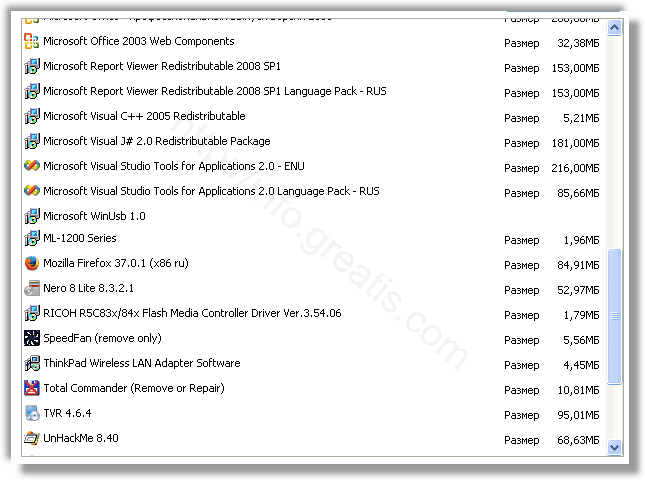
STEP 3: Open Task Manager and close all processes, related to NEW-MESSAGE.CC in their description. Discover the directories where such processes start. Search for random or strange file names.
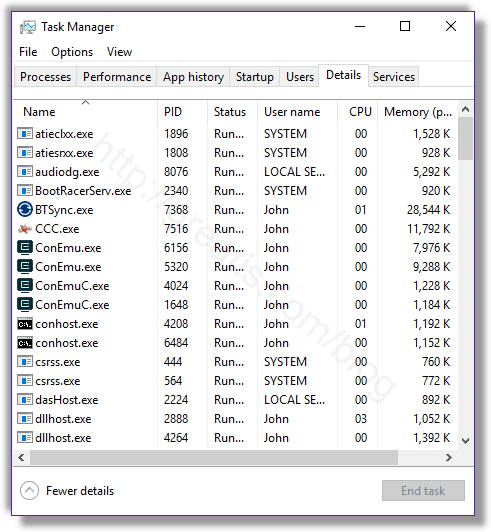
Remove NEW-MESSAGE.CC virus from running processes
STEP 4: Inspect the Windows services. Press Win+R, type in: services.msc and press OK.
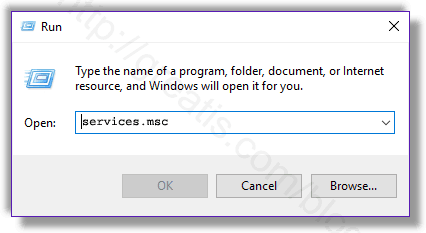
Remove NEW-MESSAGE.CC virus from Windows services
Disable the services with random names or contains NEW-MESSAGE.CC in it's name or description.
STEP 5: After that press Win+R, type in: taskschd.msc and press OK to open Windows Task Scheduler.
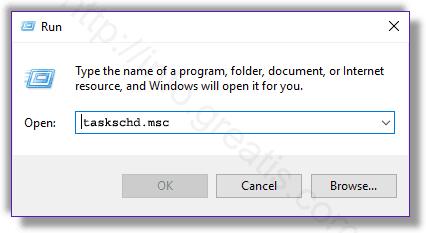
Delete any task related to NEW-MESSAGE.CC. Disable unknown tasks with random names.
STEP 6: Clear the Windows registry from NEW-MESSAGE.CC virus.
Press Win+R, type in: regedit.exe and press OK.
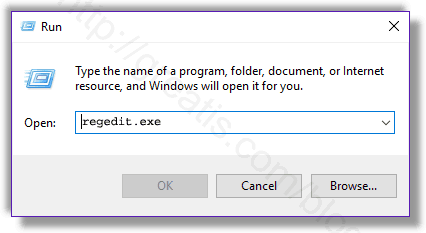
Remove NEW-MESSAGE.CC virus from Windows registry
Find and delete all keys/values contains NEW-MESSAGE.CC.
STEP 7: Remove NEW-MESSAGE.CC from Google Chrome.
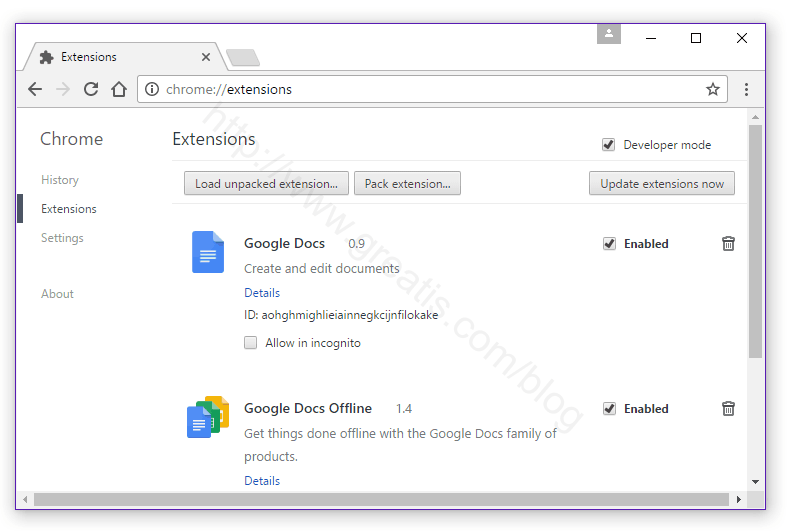
STEP 8: Remove NEW-MESSAGE.CC from Internet Explorer.
STEP 9: Remove NEW-MESSAGE.CC from Mozilla Firefox.
STEP 10: And at the end, clear your basket, temporal files, browser's cache.
But if you miss any of these steps and only one part of virus remains – it will come back again immediately or after reboot.

